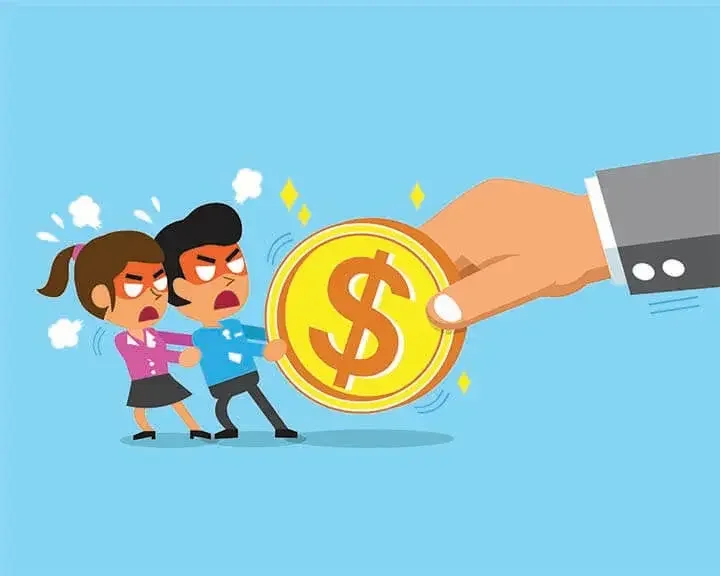You completed the service you were hired to do. You submitted your invoice and, in return, crickets. After a follow-up or two, you still have not been paid for services rendered. So what's next? What should you do when someone doesn't pay?

Here are some effective ways of managing your business' debt collections and avoiding such conflicts in the future.
1. Set yourself up for success
According to Jacob Corlyon, chairman/CEO of Capital Collection Management — which specializes in first-party servicing and third-party commercial and consumer collections — the best first step is making sure the customer has a clear understanding of the debt when it is incurred.
“Ask the customer if they would be interested in setting up auto-pay and sell the benefits of this to them if you have the capability of processing payments this way," he says.
2. Assess the debt and why your client might not be paying
Is the debt a small or significant amount? If the amount is small, your chances of getting paid more quickly are higher. If the debt is large, your client may need to set up a payment plan. Even though this may delay full payment and cause you frustration, offering the client a payment plan may make it easier for them to fulfill their financial commitment.
3. Remind your client they owe you money
People are busy, and it is possible they simply forgot. Since your ultimate goal is getting paid, keep it polite and avoid placing any blame. Starting with a friendly reminder letter might just be the motivation your client needs to pay their outstanding bill. Corlyon suggests doing this immediately. "If a customer misses a payment, don't wait," he says. “Start your collection outreach as soon as the payment is [overdue]."
4. Send a debt-collection letter
If, after a friendly reminder, your client does not pay or explain why they haven't paid, it's time for a debt-collection letter. Business debt-collection correspondence should be direct and use clear language. For example, say "due upon receipt" instead of "due five days after receipt," since the latter leaves details fuzzy and subject to interpretation. Use online templates to avoid making mistakes that might risk your chance to be paid.
"Create a contact strategy for consistent outreach," Corlyon says. "When the customer has funds available and is ready to work things out, you want to make sure you are top of mind."
5. Show up
If the client is within driving distance, go to their offices. According to Colin J. Mason, owner of Mirandum Pictures, your physical presence can often be enough to spur payment.
"Show up in person," he says. "That works like a charm. It's harder for clients to ignore someone in person. The normal gamut of excuses — didn't get your email, didn't see your text, missed your voicemail message — none of them work when you're standing right there." Mason says that by successfully collecting in person, he has avoided escalating to more relationship-severing efforts such as litigation.
6. Get creative
Some business owners have come up with alternative payments in the form of bartering. Does your client offer a service that could settle their debt? For example, if your company did web design for a catering company, they may be willing to cater your annual picnic in exchange for erasing their debt.
Instead of becoming frustrated by the unpaid bill, think about how your client could help your business. Your flexibility may save you stress, as well as the cost of hiring a debt-collection agency. However, if you find you need input from an attorney, don't hesitate to get it.
7. Hire outside assistance
Unfortunately, hiring a third-party collections agency might become necessary. Corlyon recommends setting a firm cut-off date for your internal collections efforts and always having a reputable collections agency in mind.
"The earlier you send a file to a collection agency, the better results they will be able to provide you," he says.
8. Help prevent future mishaps
When customers don't pay, it costs you both time and money. To avoid future unpaid invoices, consider adding the following terms to your contracts of service:
- Incremental payments. As sections of your work are completed, have your client provide partial payment. By doing so, you will be paid as you go and your client will not be hit with as large a bill at the end of your work.
- Late fees. Include, for example, a 20% charge for any invoices unpaid after 60 days. In agreeing to these terms, your client acknowledges that they will have significantly more to pay if they don't make their payments on time.
Your time is valuable and, the more of it you have to spend chasing payments, the less you have available for paid work. While no one enjoys chasing unpaid invoices, taking timely action and instituting preventive measures can help save you effort and stress — and hopefully result in a payment arrangement that is satisfactory for all parties.

